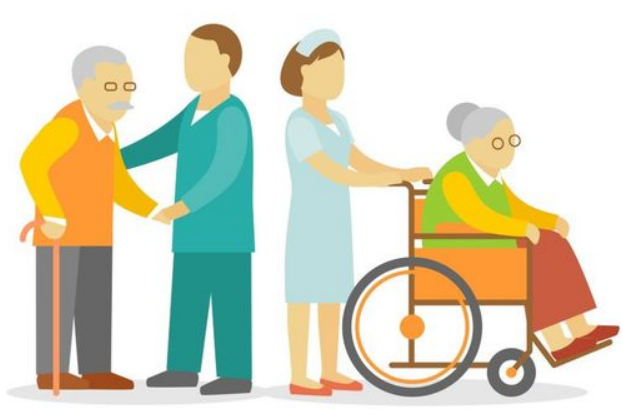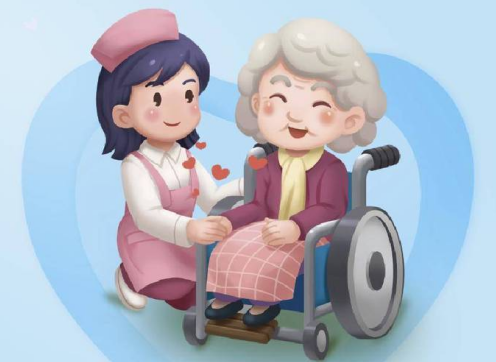Long-Term Care Insurance: Your Most Reliable Backup Plan for Old Age
Have you ever imagined this scene: over sixty years old, hair greying, waking up early with gentle sunlight warming your face and the aroma of coffee in the air. But when you try to get out of bed, you realise you need someone's help; going to the bathroom also requires assistance. Not because you're lazy, but because your body no longer "obeys" you like before. Sounds far-fetched? This isn't just a short-term cold or sneeze- it's a "long-term meal ticket" level of care.

The problem is, this "meal ticket" isn't cheap. Whether it's family members taking turns caring for you or hiring professional caregivers around the clock, the monthly bills can range from thousands to tens of thousands, enough to make your heart race. So, while your body is still strong and your wallet still full, it makes sense to prepare ahead long-term care insurance "parachute" for your future self.
Long-term care insurance isn't like traditional insurance that only kicks in for major illnesses or accidents. Instead, it covers those everyday "nitty-gritty" tasks: getting out of bed, dressing, eating, using the toilet, bathing— basic actions everyone takes for granted. When you can't independently perform any two of the six daily activities, the insurance steps in— not by handing you a lump sum, but by sharing the cost of the care you need. And its coverage isn't limited to one place: whether you need care at home, move into assisted living, attend adult day care, or even check into a nursing home with your bags packed, long-term care insurance can reimburse part of the expenses. It's like an invisible pillar in your life, helping you maintain dignity as your physical strength fades.
However, it's not a magic cure-all you buy and forget. To activate this insurance, you usually need to pay out-of-pocket for care for a certain period-like levelling up in a new game before the system grants you gear. Also, it has limits and cooldowns; daily benefit caps and maximum payout durations are set. But smart couples can “Team up,” combining their benefit pools like sharing a joint credit card limit— flexible and practical.

Is the premium expensive? Honestly, it depends on when you buy it. The younger you start, the cheaper it is like snagging an early bird ticket, both affordable and reassuring. But if you wait until health issues appear, it may be too late. Insurance companies aren't fools; if you already have high-risk conditions like dementia or Parkinson's, they may simply deny coverage. Besides age and health, factors like gender, marital status, coverage scope, and even the insurer you choose all affect your "ticket price." Of course, policies differ. Some focus on "home comfort" care, emphasising in-home caregiving; others lean towards "full institutional coverage, including nursing homes and assisted living facilities. Some are even more considerate, covering hospice care and respite care-like when your primary caregiver is exhausted and needs a break, the insurance foots the bill for the temporary replacement.
Many people hear "long-term care insurance" and think, "I'm not old yet, I don't need to worry about that." But insurance is never bought for immediate use—it's for the unpredictable future. It's like your backup battery for the second half of life, lighting up one last hope when your "endurance" drops to a red alert. The reality is, regular health insurance doesn't cover these caregiving costs at all, and programs like Medicare and Medicaid, though sounding impressive, aren't universal ATMs. Especially Medicaid, which can help cover some costs but has strict asset limits. If you have some savings and own property, you're basically "out of luck." You must "liquidate" assets first before qualifying.

(Writer:Seli)



